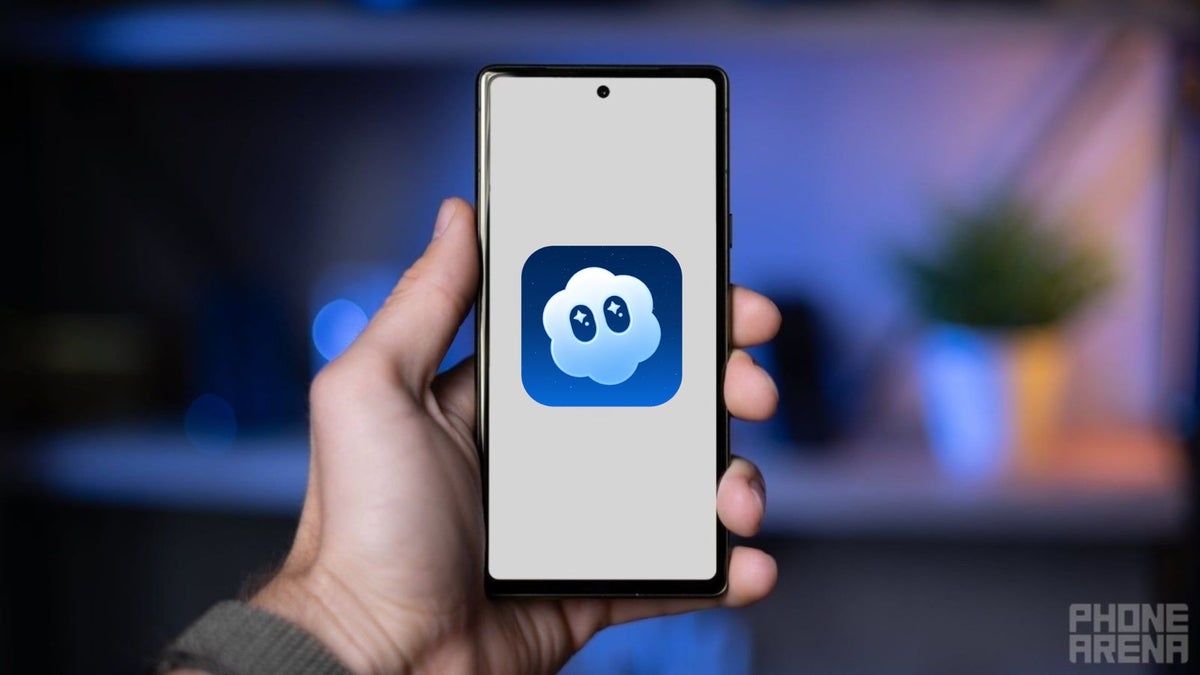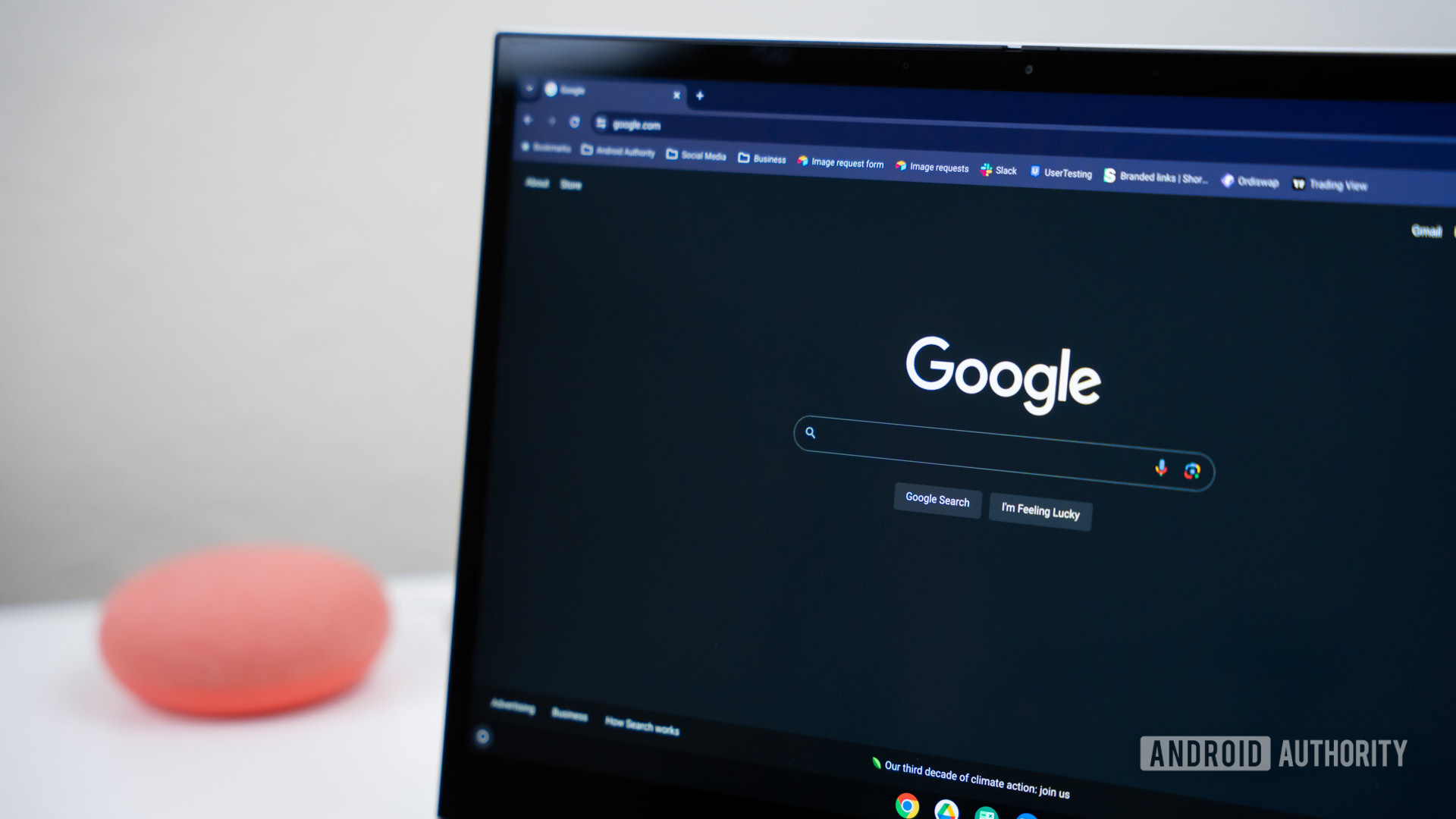After a successful iOS launch earlier this fall, OpenAI’s popular AI video app is now coming to Android devices.
Sora comes to Android
Sora, the app that turns text messages and images into hyper-realistic AI-generated videos, is now available for Android users. If you are in the US, Canada, Japan, South Korea, Taiwan, Vietnam, or Thailand, you can now get it on the Google Play Store.
Since its model debuted in February, Sora has improved significantly, producing videos so realistic that it’s often difficult to tell what’s real and what’s AI (although if you look close enough, you can usually catch it).
A smart move by OpenAI
Bringing Sora to Android makes a lot of sense. The app was a hit on iOS, reaching more than 1 million downloads in just five days.
Furthermore, it also keeps OpenAI competitive with Google, which recently rolled out big updates to its own AI video generator, Flow. Google’s tool supports sound, smooth transitions, and clips up to one minute long.
OpenAI and Google have been chasing each other in the AI space: each new feature of one is quickly met with an improved version of the other. Both are clearly driving the AI revolution and there are no signs of them slowing down anytime soon.
The AI video wave
Love it or hate it, AI videos are taking over the internet. Personally, I’m not a big fan of this particular use case; I prefer to see AI applied to important things like medical advances or complex data analysis. But for most people, it’s just about having fun generating and sharing videos online. That said, AI content can easily spread misinformation, so it’s more important than ever to think critically before liking, sharing, or believing what you see.


